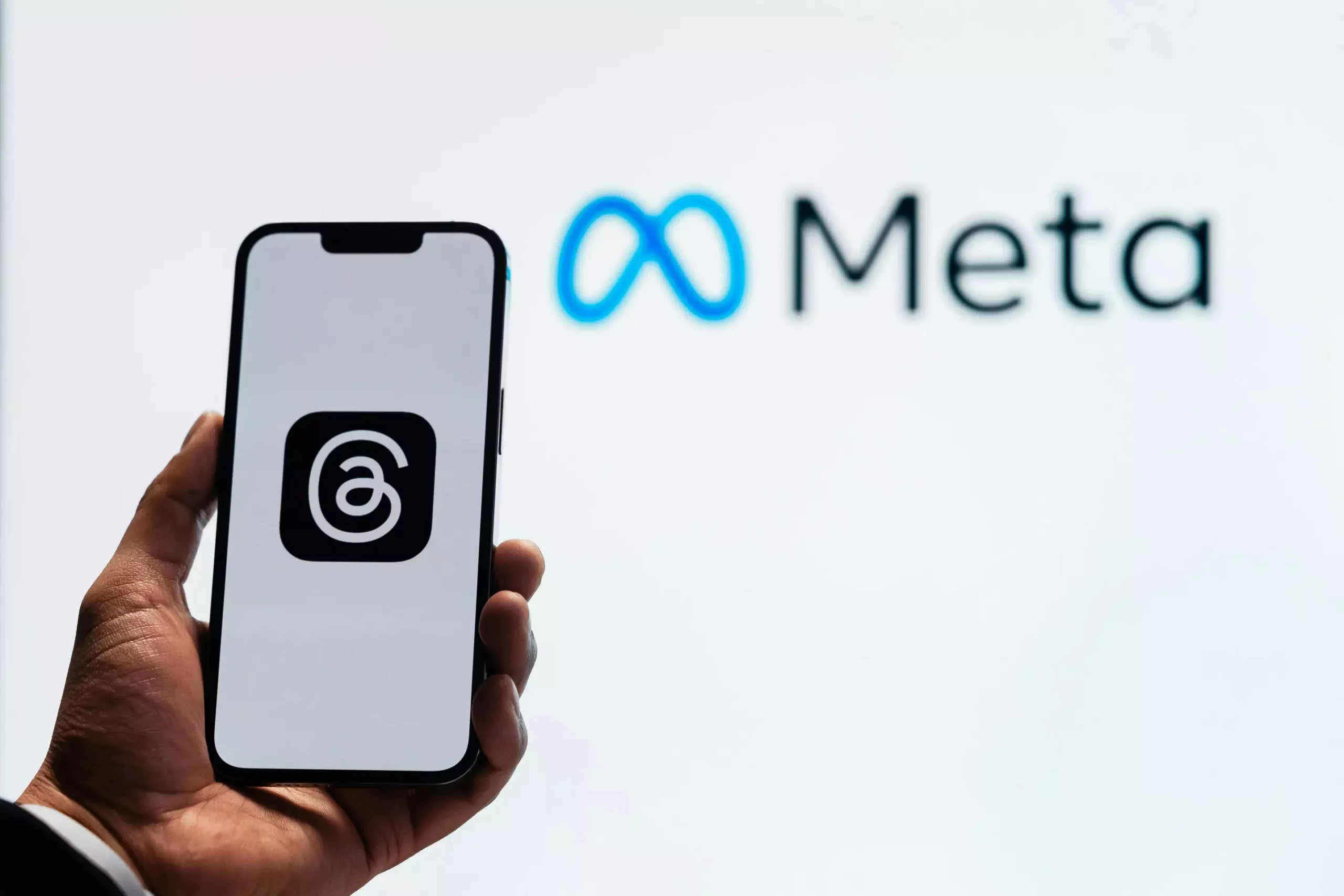Meta, the parent company of Facebook, is pushing back against a U.S. antitrust authority’s lawsuit that could potentially lead to the forced sale of Instagram and WhatsApp. The lawsuit, initiated by the Federal Trade Commission in December 2020, is centered around Meta’s acquisitions of Instagram and WhatsApp, which the FTC claims have hindered competition in the social media market. Meta has filed a motion seeking to dismiss the case, asserting that its acquisitions were beneficial for both consumers and businesses. The company also highlighted that the FTC had previously approved these acquisitions, indicating that revisiting the matter now is challenging the very essence of finality in business transactions.
An interesting angle in Meta’s argument is the absence of TikTok and YouTube in the FTC’s definition of the social media market. Meta pointed out that these platforms, which are significant players in the social media space, were ignored by the antitrust authority. The company insinuated that by overlooking these popular platforms, the FTC’s case may not be entirely representative of the broader social media landscape, particularly as it relates to consumer choices and market competition.
The heart of the FTC’s case against Meta revolves around the accusation that the company has attained a “monopoly power” through its acquisitions of Instagram and WhatsApp. This contention poses a significant threat to Meta’s standing in the online realm, as a ruling in favor of the FTC could potentially force the company to divest itself of these platforms. While the case faced a setback initially when a judge dismissed the complaint in June 2021, the FTC persisted and refiled an amended suit in August 2021, successfully overcoming Meta’s attempt to quash the case.
If the FTC is successful in its legal battle against Meta, the repercussions could be far-reaching, potentially reshaping the landscape of the online world. A verdict favoring the antitrust authority could deal a severe blow to Meta’s dominance in the social media sector, opening up possibilities for increased competition and innovation. It’s worth noting that the FTC, along with the U.S. Department of Justice, has been actively pursuing cases against major tech companies in a bid to address antitrust concerns. The outcome of these legal battles will likely have a lasting impact on the tech industry and could set precedent for future antitrust enforcement actions. The case against Google, for instance, over its search engine dominance, is another high-profile matter that is being closely watched and may be decided by a federal judge in the near future.


Leave a Reply